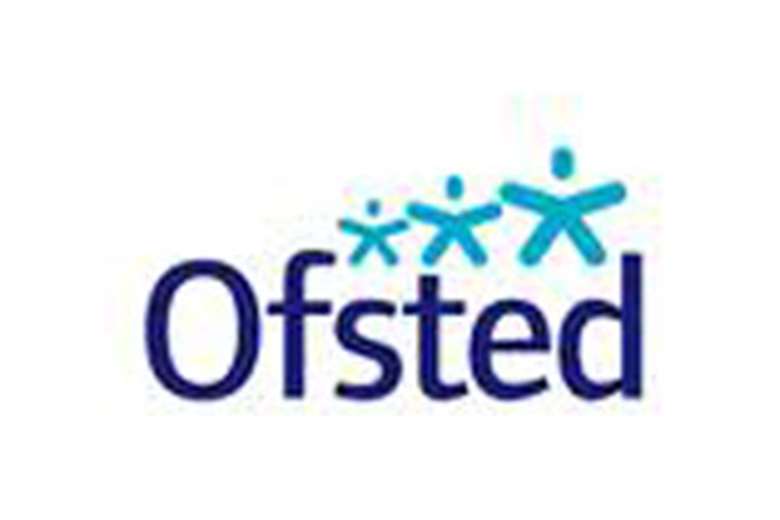Ofsted annual report: EYFS does not prepare children for Year 1
Wednesday, December 13, 2017
The EYFS has weaknesses and should be improved to ensure children are better prepared for the national curriculum, Ofsted has said.

If these weaknesses were adressed, the high proportion of good and outstanding grades in the sector might fall, according to Ofsted'a annual report.
The quality of early years provision is higher than it has ever been, with 94 per cent of providers graded good or outstanding, due mostly to a rise in the proportion of providers graded as good.
However, Ofsted’s annual report for 2016-17 says that there are weaknesses in the statutory framework for the Early Years Foundation Stage, which could be improved as a guide to children's learning in the Reception Year.
The report says, ‘There is some genuine improvement in the sector. However, the early years foundation stage, against which we have to inspect, could be improved to ensure children are better prepared for the national curriculum.
'If the EYFS reflected a genuine preparation for Year 1, inspection outcomes across the sector may not be as high.’
Schools that are best at preparing children for Year 1 are going beyond the framework and setting more challenging expectations, with an emphasis on reading and maths, Ofsted said.
The report highlights LA maintained nursery schools as having the highest proportion of outstanding grades at 63 per cent, with 37 per cent graded good.
The report says that:
- Good providers need to focus on developing teaching in maths, literacy and phonics, as well as on raising attainment
- Overwhelmingly, the maintained nursery schools inspected this year that received outstanding grades had ‘exceptional leaders’, who ‘focused relentlessly on the academic side of provision, particularly teaching, learning, assessment and planning.’
Typical features in outstanding maintained nursery schools included:
- a continuous and strong focus on professional development for staff; this had an emphasis on children’s academic, as well aspersonal development;
- a very strong focus on early reading, phonics and lieracy;
- a vibrant curriculum, with all areas of learning covered well, including strong outdoor provision;
- rigorous self-evaluation;
- effective partnerships, including with parents.
The early years sector in numbers
- In the 2016/17 inspection year Ofsted carried out inspections of 15,100 providers on the Early Years Register (EYR)
- 102 short inspections of local authority maintained nursery schools were also carried out, the vast majority of which remained good or outstanding.
- On 31 August 2017 17 per cent of all providers on the EYR were judged outstanding at their most recent inspection, 76 per cent were good, 5 per cent, requires improvement, and 1 per cent inadequate.
Schools
While the quality of education and care in England is rising, the Ofsted report said that there was a small group of around 130 schools that have not been judged good in over a decade, saying ‘It does not make sense that there are communities that can never have good schools.’
The report said that they share similar characteristics including unstable leadership, high staff turnover and difficulty recruiting.
Ms Spielman said that deprivation alone should not be the excuse used for schools failing to improve.
‘And I do find myself frustrated with the culture of “disadvantage one-upmanship” that has emerged in some places. A few years ago, you couldn’t go into a school without being told the number of home languages spoken by pupils. Now, it often seems that school leaders are constantly comparing notes about how high their pupil premium or SEND (special educational needs and/or disability) rates are. Even more depressing, we still hear things like “If you met my pupils’ parents, you’d understand why results are as they are”.’
She added, ‘It isn’t that there aren’t many children facing disadvantage and difficulties: they are there in all our schools, and more in some schools than others. But the narrative of disadvantage can become all-absorbing. Fixating on all the things holding schools back can distract us all from working on the things that take them forward. Schools with all ranges of children can and do succeed. Where this is difficult, what is needed is greater support and leadership from within the system. That means making sure the system has the capacity to provide this support.’




